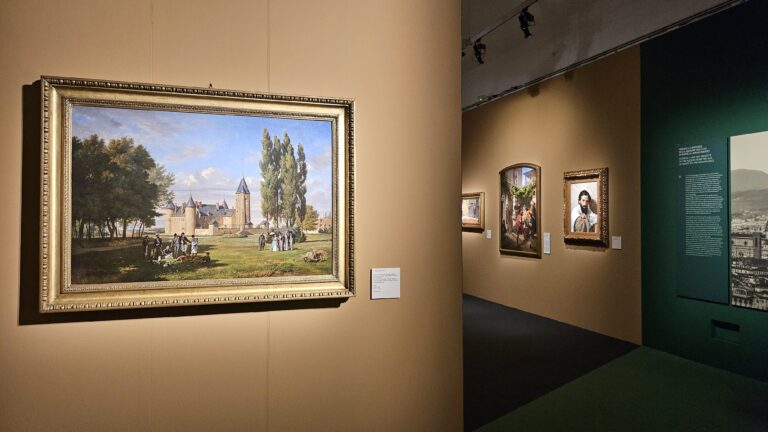Italo Calvino is one of the most beloved Italian writers of the XX Century. He is mostly famous for a group of three fantastic novels (featuring a Viscount who was cut in half and the two halves kept on living, a Baron who decided he was going to live up on trees, and an invisible Knight) and for his novel set during the Second World War, but he wrote a bunch of different stuff and he’s also the collector of a large portion of Italian fairytales. The tale I want to bring you today, however, is taken from another novel, a collection of stories called Marcovaldo, featuring a guy who’s able to see nature’s wonders even if he’s living in a big city.
The book is a seasonal collection of tales and is sometimes known as Marcovaldo, Seasons in the City for this reason. The cycle of seasons repeat five times and, as such, we have few winter tales. The one I bring you today is the first one, The city lost in the snow.
Some beautiful illustrations to this chapter were made by Ioanna Galanomati and you can find them here.
In this story, Marcovaldo wakes up with a strange feeling, under a strange light, and opens the window to find out that the city has been replaced by a white sheet of paper.
He is unfortunately tasked to remove the snow from the courtyard in front of his house, but our jolly fellow is never one to let people stop him from dreaming and he does that in his own way. The snow is freedom, freedom to imagine a different city and a different life, so Marcovaldo creates new quirky roads in the snow, new shapes and new fantastic rooms.
However, a truck dumps a load of snow on our unfortunate hero, who finds himself turned into a gis t snowman. He catches a cold and his powerful sneeze is enough to blow away all the snow from the courtyard. No more fantastic roads and beautiful places: just the old dull spiky objects of the city, with its walls closing up on our dreamy Marcovaldo.











No Comments